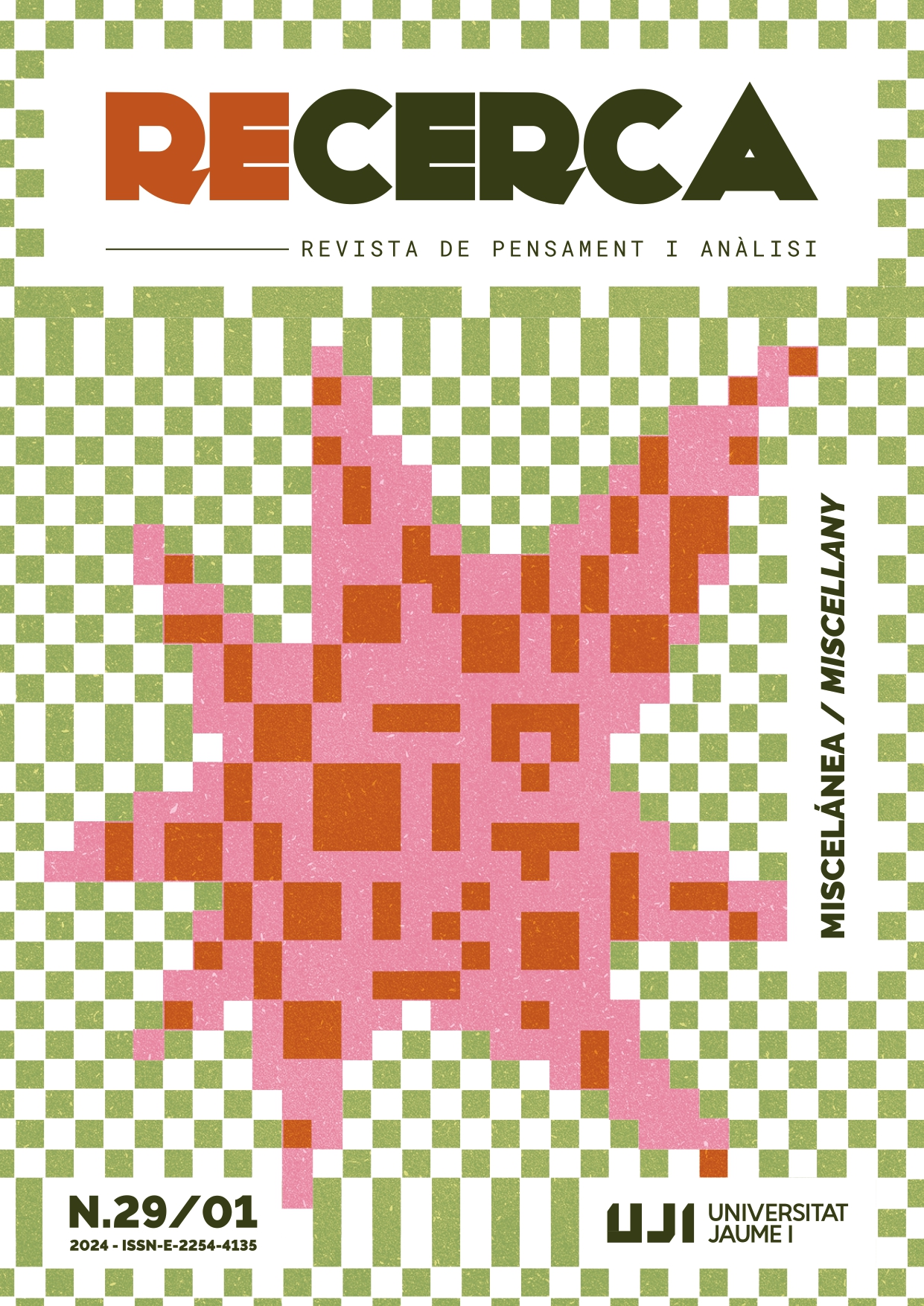Caring for others as a social relationship
Main Article Content
Abstract
The essence of caring for those in need of help consists in a certain relationality, in giving and receiving a certain relationship. The relationship as such is the protagonist of the care. Material help is always necessary, at least for the time it has to be dedicated. However, the material aspect takes on meaning from the relationship between the one who helps (caregiver) and the one who receives the help (care receiver). It is a lifeworld relationship. What is lacking in today’s society is not so much material and technological resources, but rather the relational skills of welcoming, supporting and socially integrating people in difficulty. The care of the Other is increasingly entrusted to new technologies and impersonal welfare mechanisms, while interpersonal social relationships become increasingly weak, liquid and unavailable. The consequences are evident in the loss of social solidarity and in the degradation of the human condition. Situations of need due to fragility, hardship, marginalization are spreading. We need a social change, first of all cultural, which brings out, rather than concealing, the relational character of human needs and, correlatively, of the necessary response.
Downloads
Article Details
References
Amer, Amena y Obradovic, Sandra (2022). Recognising recognition: Self-other dynamics in everyday encounters and experiences. Journal for the Theory of Social Behaviour, 52(4), 550-562.
Cahill, Jonathan M., Moyse, Ashley J y Dugdale, Lydia S. (2023). Ruptured selves: moral injury and wounded identity. Medicine, Health Care and Philosophy, 26, 225-231. doi: 10.1007/s11019-023-10138-y
Calvo, Patrici (2018). The Cordial Economy - Ethics, Recognition and Reciprocity. Cham: Springer.
Cicchese, Gennaro (1999). I percorsi dell'altro. Antropologia e storia. Roma: Città Nuova.
Cortina, Adela (2017). Aporofobia, el rechazo al pobre. Un desafío para la democracia. Barcelona: Paidós Ibérica.
Donati, Pierpaolo (2011). Sociologia della riflessività. Bologna: Il Mulino.
Donati, Pierpaolo (2021). Transcending Modernity with Relational Thinking. London: Routledge.
Donati, Pierpaolo y Archer, Margaret S. (2015). The Relational Subject. Cambridge: Cambridge University Press.
Donati, Pierpaolo y García Ruiz, Pablo (2021). Sociología relacional. Una lectura de la sociedad emergente. Zaragoza: Prensas de la Universidad de Zaragoza.
Frankl, Viktor (2009). El hombre en busca de sentido. México: Paidós.
Goffman, Erving (1967). Interaction Ritual. Garden City: Doubleday.
Heidegger, Martin (1977). Letter on Humanism. En Heidegger, Martin. Basic Writings. New York: Harper & Row.
Masini, Vicenzo (2009). Dalle emozioni ai sentimenti. Manuale di artigianato educativo e di counselling relazionale. Lucca: Prepos.
Mora, Carolina y Rivera, Jesús (2019). La reconstrucción del sentido en madres de niños con una enfermedad degenerativa. Estudios sociológicos, 35(111), 757-783.
Mortari, Liugina (2006). La pratica dell’aver cura. Milano: Bruno Mondadori.
Ricoeur, Paul (2004). Parcours de la reconnaissance. Paris: Stock.
White, Sarah (2017). Relational wellbeing: re-centring the politics of happiness, policy and the self. Policy & Politics, 45(2), 121-136.


